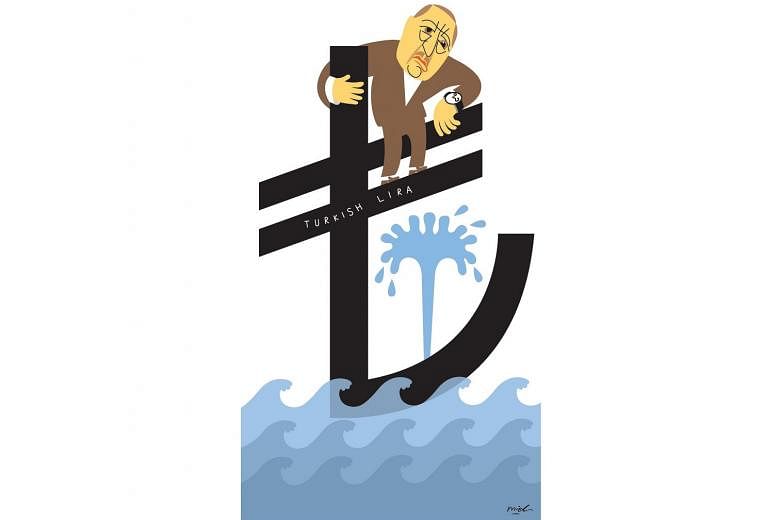When the Thai baht was devalued on July 2, 1997, people's immediate reaction was to focus on Thailand's economic mismanagement. In The Business Times newsroom in Singapore, brokers' offices and the bars along Boat Quay where bankers and financial analysts gathered, the conversation was all about how Thailand had messed up - its excessive investments and soaring debt, Bangkok's crazy property bubble, the no-brainer arbitrage that was offered through higher domestic interest rates relative to the US, combined with a fixed exchange rate, and the Bangkok International Banking Facility, which was supposed to turn the Thai capital into a regional financial centre but actually proved to be a conduit for offshore funds to be speculatively deployed onshore.
Throughout the first half of July, nobody anticipated that the Thai crisis would spread, as it soon did, to South Korea, Indonesia, Malaysia, the Philippines, Hong Kong, Singapore and even Latin America. Thailand turned out to be the canary in the coalmine, the trigger of a bigger crisis that engulfed much of Asia.
Already a subscriber? Log in
Read the full story and more at $9.90/month
Get exclusive reports and insights with more than 500 subscriber-only articles every month
ST One Digital
$9.90/month
No contract
ST app access on 1 mobile device
Unlock these benefits
All subscriber-only content on ST app and straitstimes.com
Easy access any time via ST app on 1 mobile device
E-paper with 2-week archive so you won't miss out on content that matters to you


